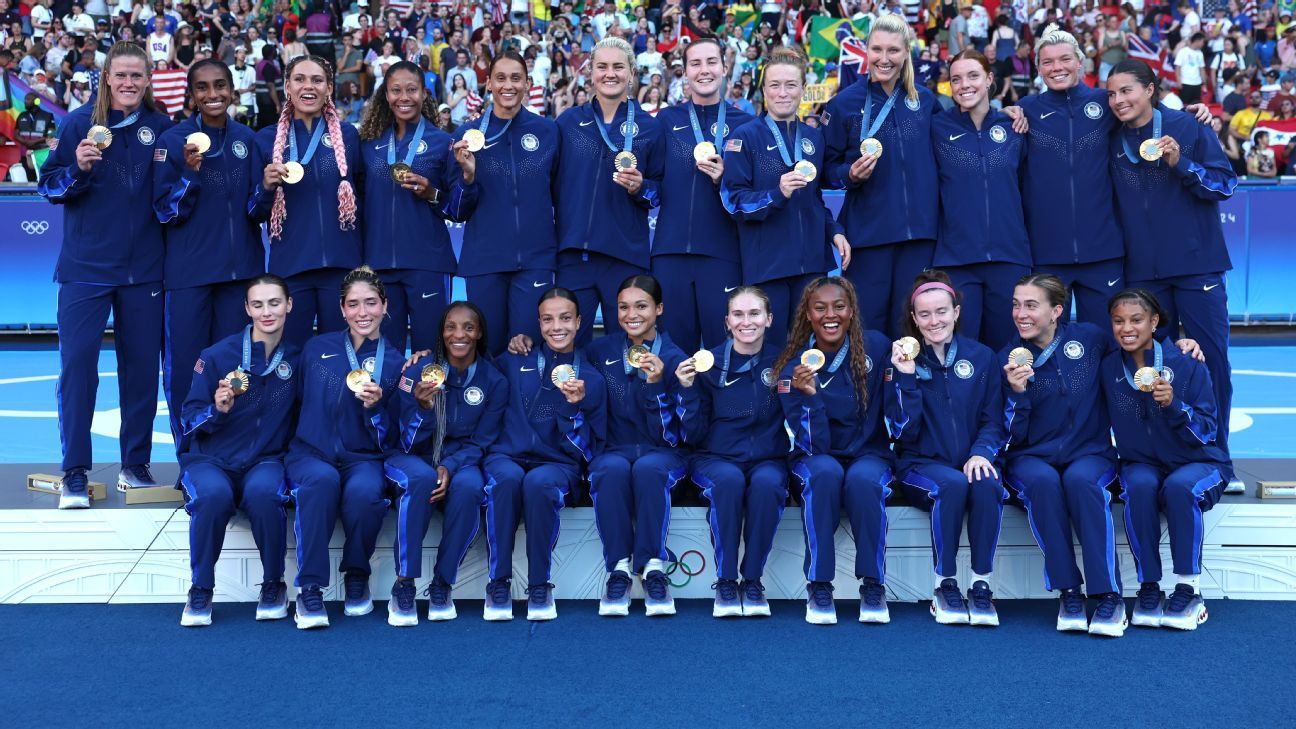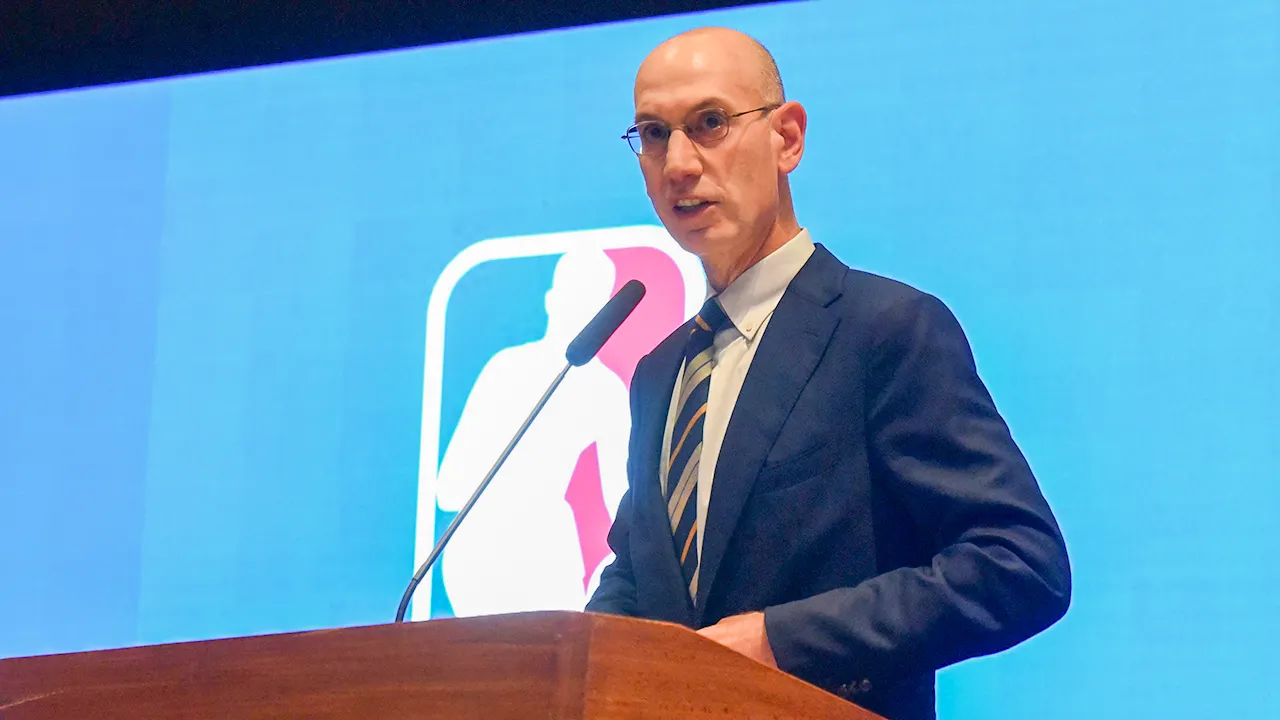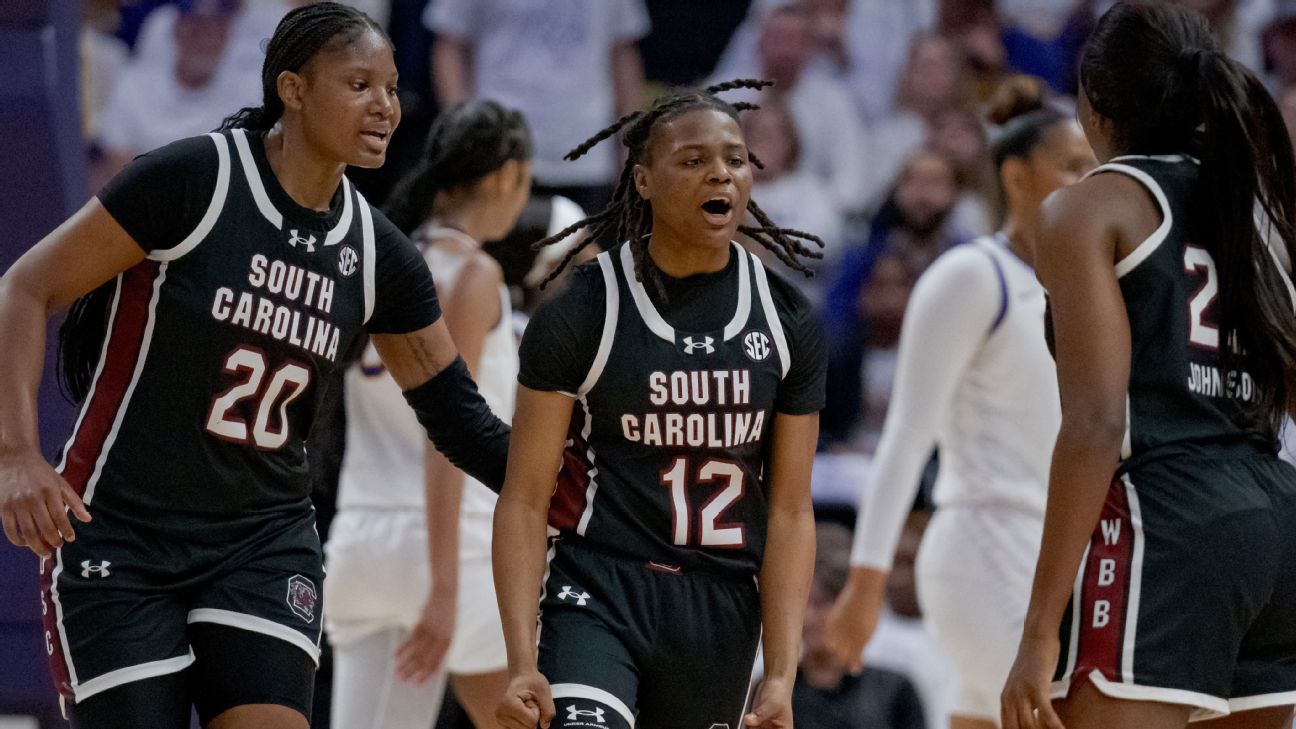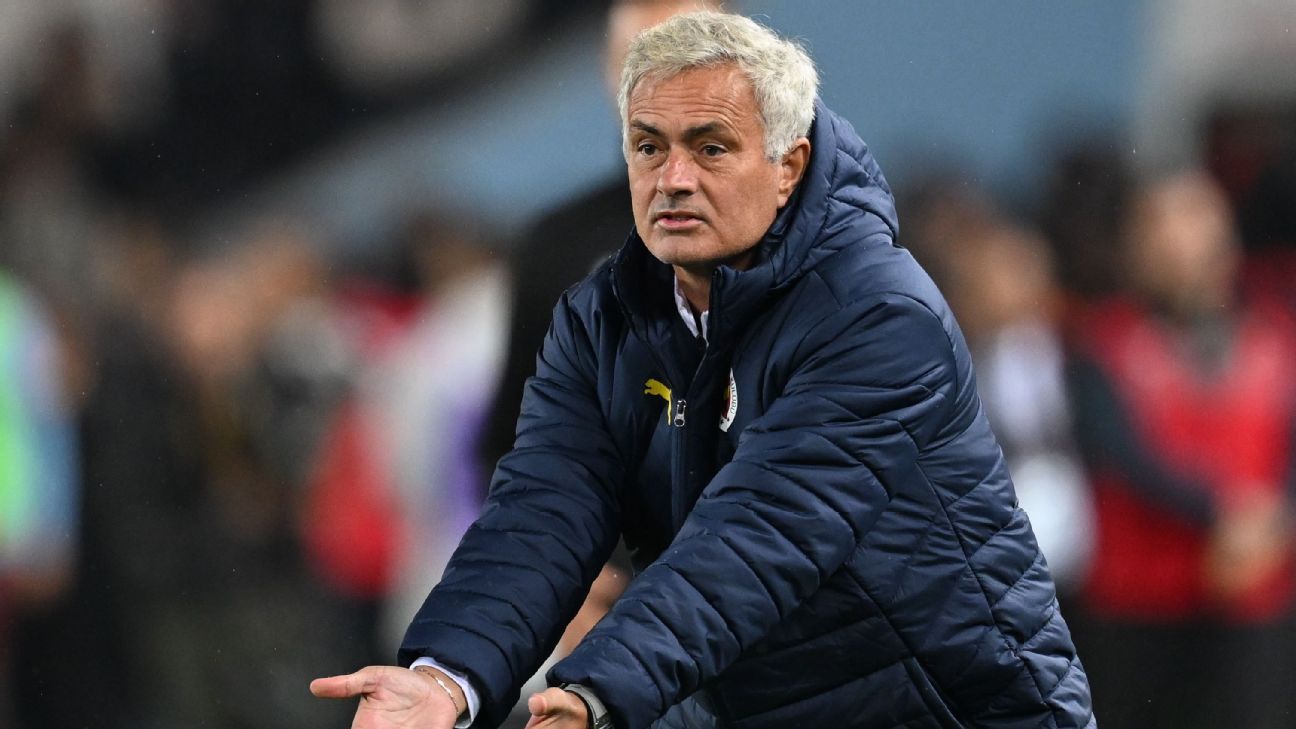Rumors about the demise of the U.S. women's national team were greatly exaggerated.
Almost exactly a year ago, the U.S. women’s national team hit rock bottom, exiting the 2023 Women’s World Cup in the round of 16 for the first time. The mostly dismal results and performances at the tournament raised existential questions about the women’s national team’s place in the global women’s soccer order.
The Americans punctuated their lengthy rebuttal to such narratives by returning to the sport's summit on Saturday, defeating Brazil 1-0 in the 2024 Olympic women's soccer gold medal match to win their ninth major tournament title.
Mallory Swanson scored the game's only goal in the 57th minute at the Parc des Princes in Paris, capping an impressive tournament by the U.S. women's national team's talented new forward line and underscoring an Olympic run in which the Americans found different ways to win.
The arrival of head coach Emma Hayes just two months ago brought fresh ideas and confidence to a U.S. team that, while distinctly different from the one that disappointed last year, already boasted world-class talent and depth on all lines.
Hayes said she wanted her team to learn to “suffer,” that you couldn't win without that trait. She may have sounded draconian in her choice of words, but her point was clear: there are no simple, straightforward paths to winning major tournaments.
The Americans dominated Zambia, Germany and (for the most part) Australia in the group stage before learning what true suffering is. They clawed their way to a 1-0 quarterfinal overtime win in a game that a disciplined Japanese team made ugly by design. The U.S. then relied on its stalwart defensive unit and sublime front line to make up for an at-times absent midfield in a 1-0 semifinal win over Germany.
Hayes refused to rotate her roster too much, sticking with a rotating core of 13 starters for six games in 17 days. The team’s fatigue was evident throughout Saturday’s game, as Brazil subjected the Americans to their most torturous workout yet. A talented, more rested Brazilian team pressed high up the field to deny a tired U.S. team any active breaks in possession, and frequently won the ball back in duels once the Americans played the ball long.
The U.S. women's national team's defense, which had conceded just two goals in five Olympic games entering Saturday's final, also looked unusually shaken from the opening whistle.
Brazil came close to opening the scoring two minutes into the match when Ludmila pounced on a through ball behind the U.S. women's defense. The Brazilian winger deflected her shot from close range, allowing U.S. women's goalkeeper Alyssa Naeher to make a comfortable save.
Fourteen minutes later, Ludmila again fired a warning shot when she creatively eluded U.S. center back Naomi Girma and smashed the ball into the net, but the goal was disallowed because Ludmila was offside. Brazil remained relentless, attacking at full speed as the U.S. stared into the Paris sunshine. Naeher was forced into a spectacular save in first-half stoppage time, as she did in the final moments of their 1-0 semifinal win over Germany, when she deflected a goal that could have tied the score in the dying minutes.
The game stretched into the second half, and despite tired legs, the conditions favored the U.S. women's forward. Korbin Albert, who started in midfield in place of veteran Rose Lavelle, took advantage of a Brazilian turnover and sent a quick pass toward goal. Sophia Smith, who was in an offside position, got rid of the ball and let Swanson run in to finish. Swanson was playing her 100th cap for the U.S. on Saturday after missing last year's World Cup because of injury.
In the win, the Americans found another way to win. Brazil was the better team throughout the first half and continued to threaten an equalizer in the final minutes (another spectacular stoppage-time save by Naeher preserved the gold medal). The U.S. had to dig deep, overcoming nervous defense and wasted set pieces early in the match.
The selection She was also playing to avenge history. The United States defeated Brazil in two previous Olympic gold medal matches, in 2004 and 2008, in the early days of Marta's career, Brazil's captain. Marta came on as a substitute Saturday in what is expected to be her final competitive international match in pursuit of a first world title for a Brazilian team that has long fallen short, but history repeated itself.
Hayes’ comments about suffering grabbed headlines this week at the Olympics, but they were consistent with her broader arguments from months earlier about creating a more flexible team. “When you mention flexibility, as far as I’m concerned, football is not rigid,” Hayes told a group of reporters, including ESPN, at her coaching introduction in May in New York. Certain aspects of a game will change depending on the opponent, she continued.
“But the framework, the methodology, the principles are absolutely clear and they never change, but the roles can change. In terms of the time I have, just keep it simple. I have to keep it simple. I don't have time for that. Make sure we get the right messages across and over time we will evolve.”
The U.S. women’s team has evolved in real time, winning another Olympic gold medal despite the uncertainty surrounding the team and the newness of a coaching staff that had only had a little more than a dozen training sessions together before leaving for France last month. It will be tempting to call this “a new era” for the U.S. women’s team, and in many ways that’s fair. A new generation of talented players has stepped up, and there’s a foundation to build on toward the 2027 Women’s World Cup — the tournament Hayes was actually hired to win.
However, this USWNT run to gold is also remarkably similar to other eras and those groups' abilities to find different ways to win.
The United States did it in 2004, rebounding from the embarrassment of a World Cup semifinal on home soil the previous year by winning a gold medal, allowing the Class of 99 to bow out in style. The Americans did it again four years later, winning Olympic gold in 2008, after a young Marta lit up the U.S. in the 2007 World Cup semifinal.
That perseverance is a trait that has been prevalent in the U.S. women's national team over the decades, and it clearly returned to the roster this year. It's a matter of mindset, yes, but also of applying it to the circumstances at hand.
Hayes had talked about doing the best he could with the limited time he had before the tournament. In this tournament, he worked his starting group to the max to build chemistry, rather than rotating lineups and pompously thinking about games that weren't guaranteed.
The strategy paid off. The disappointment of the 2023 World Cup now seems more like a wake-up call than the beginning of a long collapse for the most successful program in women's soccer history. The U.S. women's national team is back on top.












